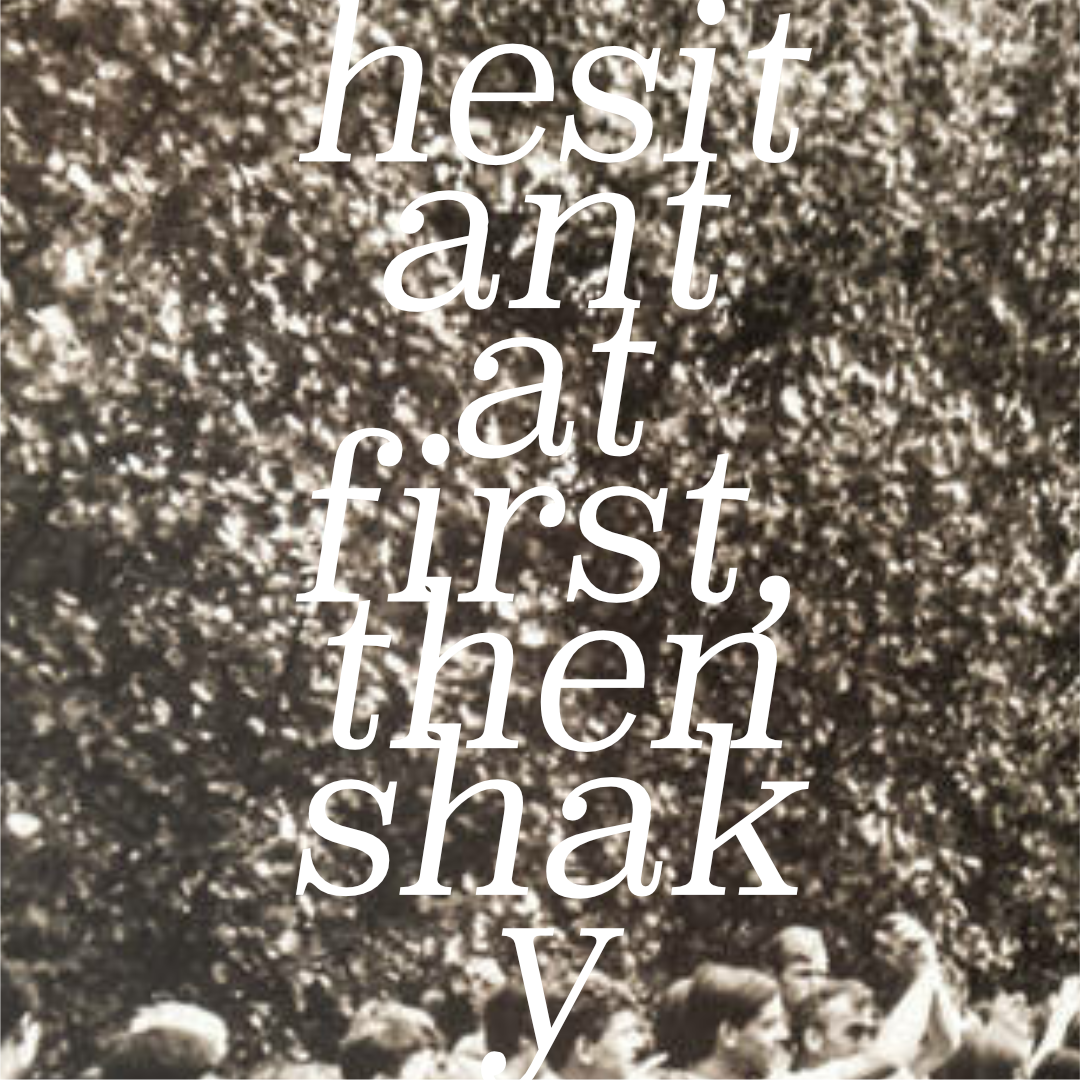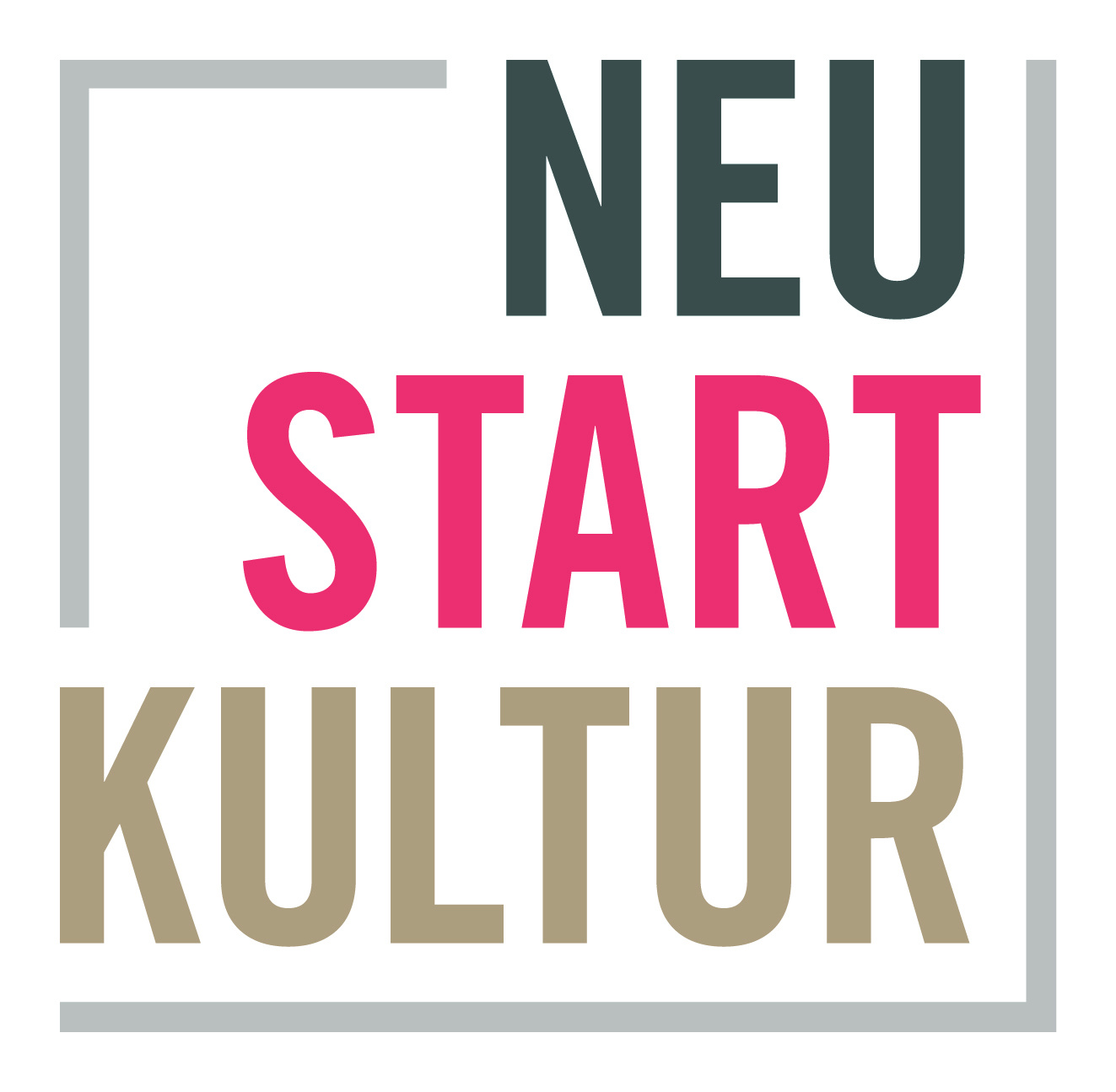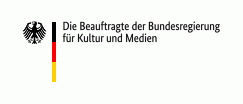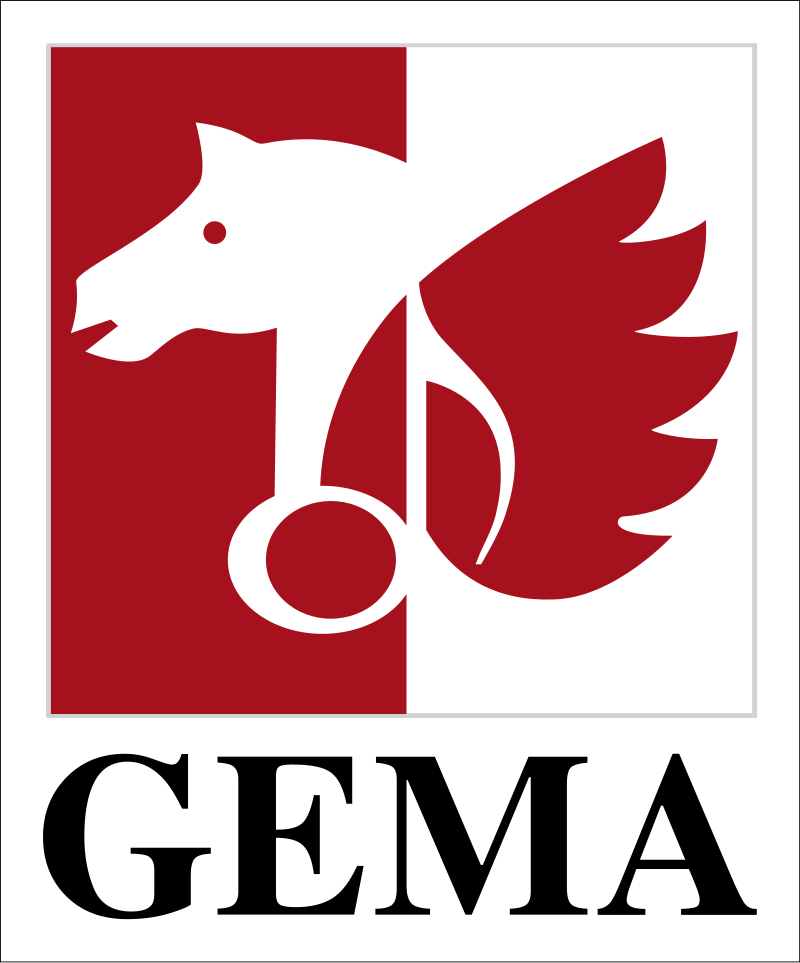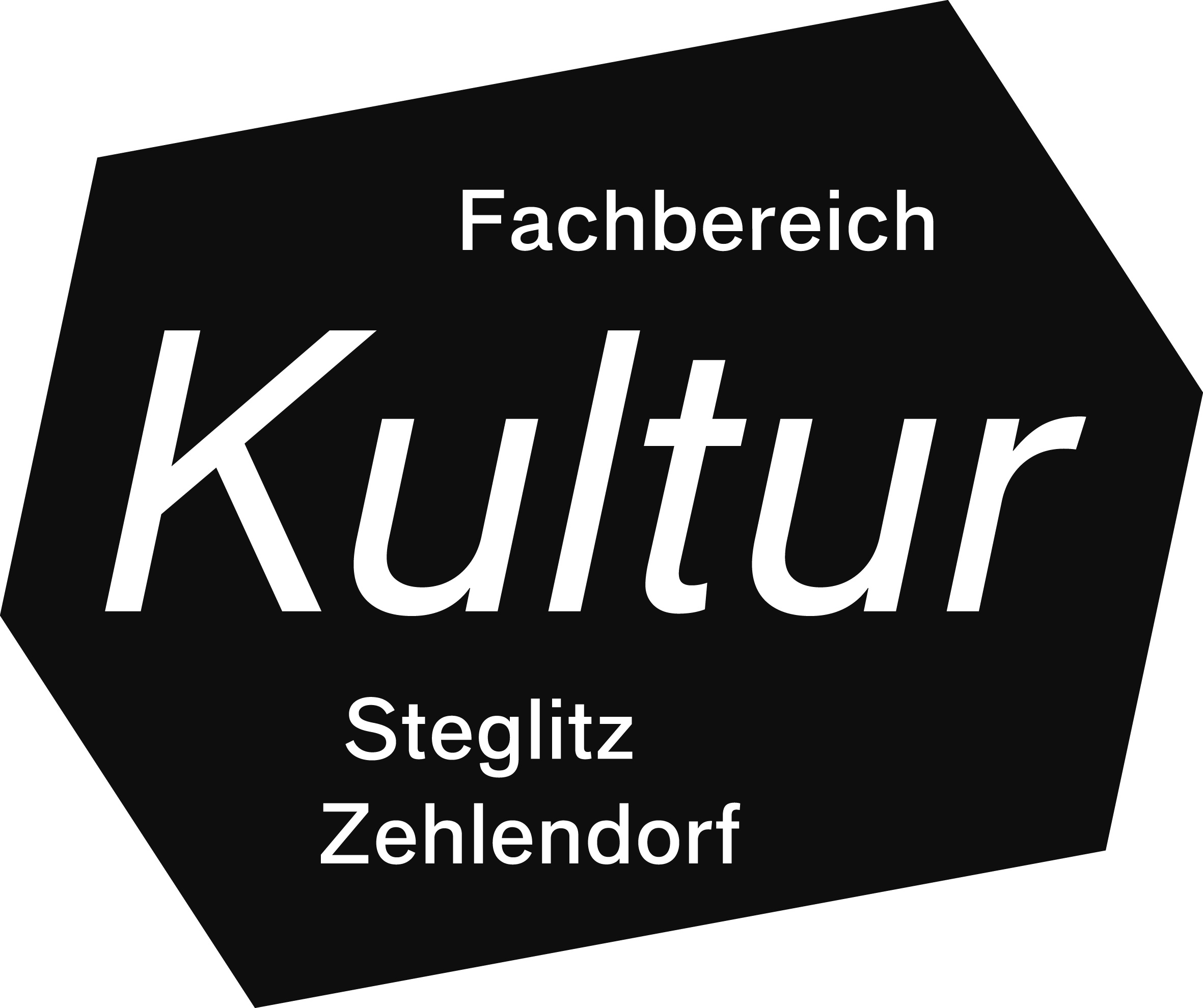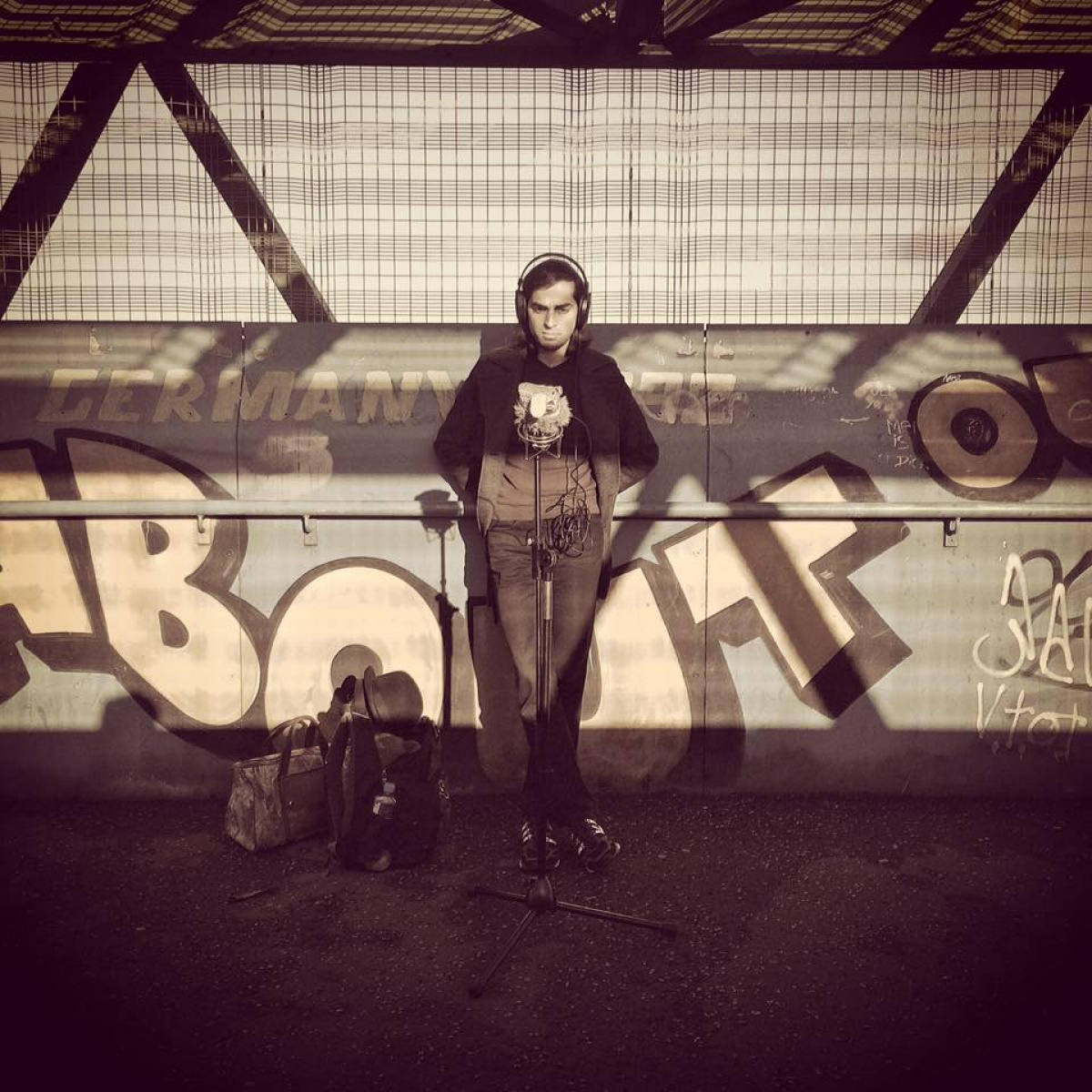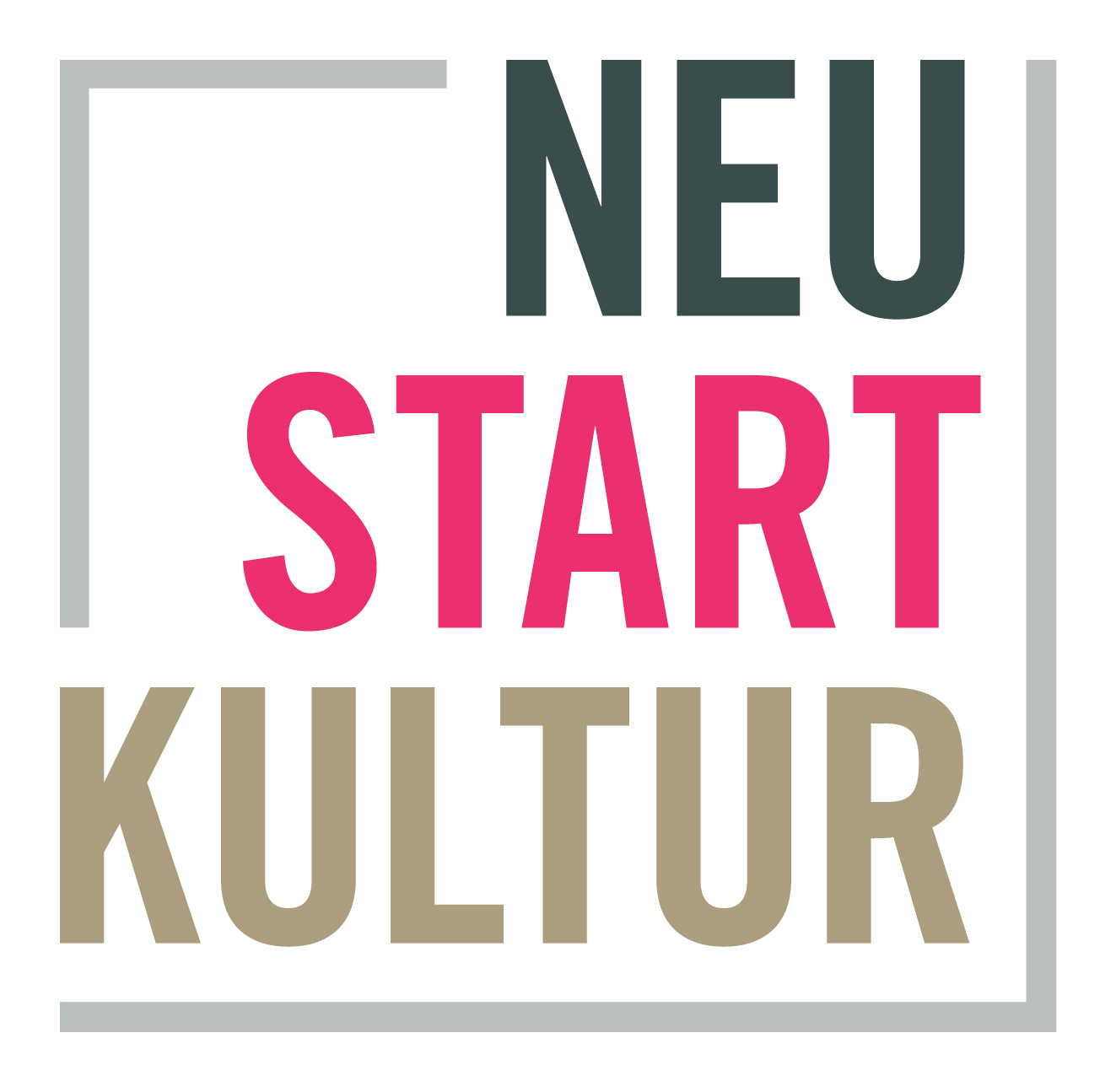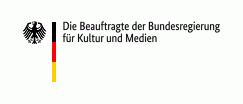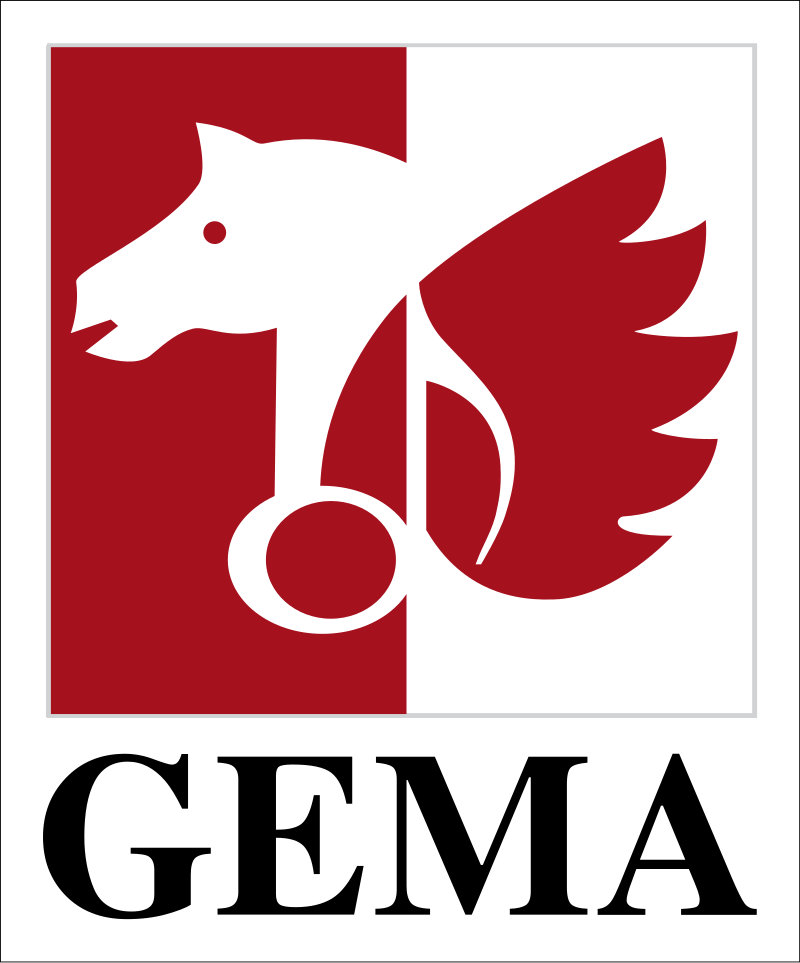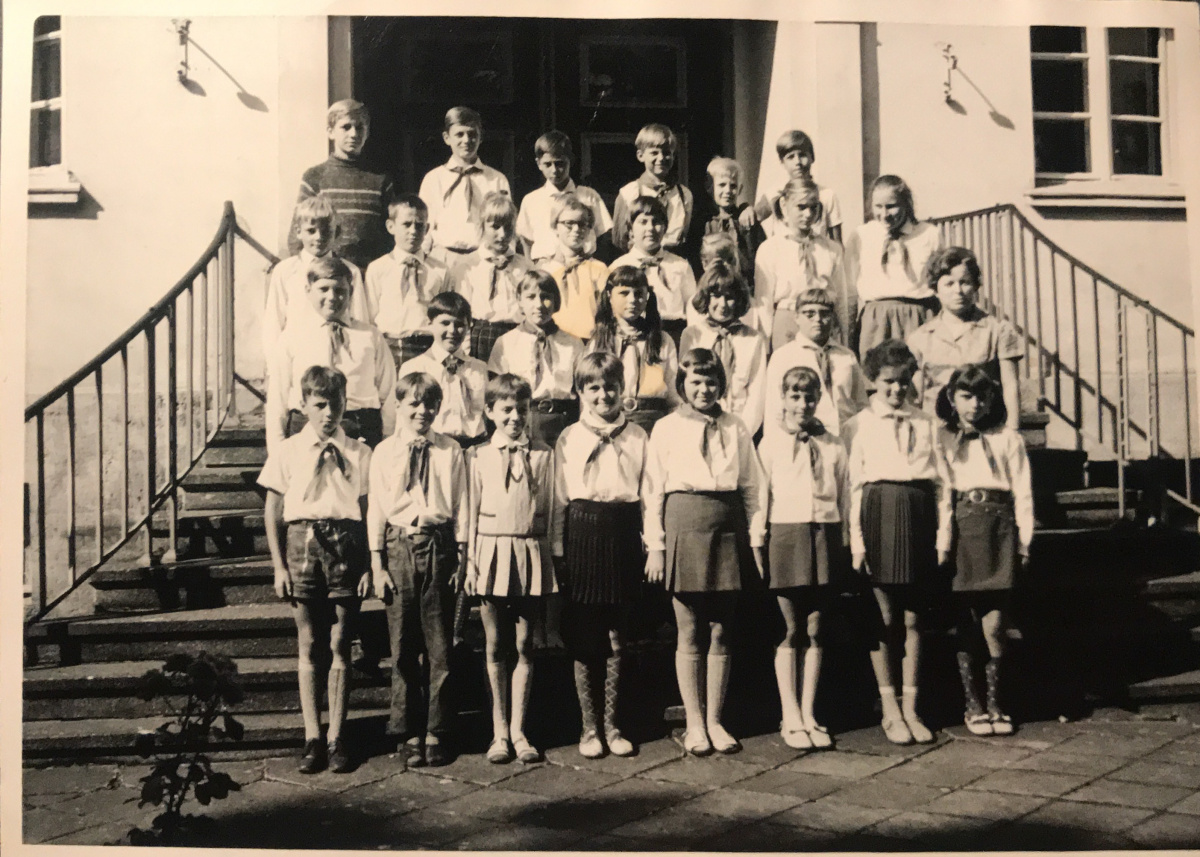
Our Homeland
In the German Democratic Republic (GDR), the song «Unsere Heimat» (Our Homeland) by Herbert Keller (lyrics) and Hans Naumilkat (composition) became a kind of anthem, glorifying the idea of a socialist homeland and thus the country’s political ideology. Many years after the fall of the Berlin wall, the song has disappeared from public memory. At least this was what German singer Sophie Grobler thought. When singing the song at a funeral, «Our Homeland» came back: devoid of any political ideology from the old days.
Recently I was asked if I would sing the song «Unsere Heimat» (Our Homeland) at a funeral. The song has a personal meaning for me, but it is above all a song that was ideologically instrumentalized in the GDR. The question of how I would position myself as a singer, whether I would refuse the offer, was up in the air. But I decided to do it, and when I finally sang the song at the funeral, I realized that the personal meaning of the song was far greater than its political background.
I stand next to the grave. The fog lies low over the hilly cemetery, so that one cannot see far. The pit for the urn is dug next to my feet. I’m treading on the spot. It’s cold, but I need to get warm now. I anchor my feet heavily on the ground in search of support. I take two or three deep breaths – in order to be able to guide my voice safely, but also to relieve my tension. As a singer, such performances are among the most difficult. Because I never know beforehand what’s going to happen and whether I can keep my emotions under control.
The Glorification of a Socialist Homeland
In the 1940s, Ilse Körthe was a woman in the anti-fascist resistance. She hid refugees, cared for orphaned children, and later became a staunch communist. In a moment she will be lowered into the narrow, not particularly deep grave next to me.
Then I see the first mourners coming out of the chapel. They walk through the mist, heads bowed, arm in arm, until they finally stand on the hill in front of me. My heart begins to pound as I try to hum the first notes softly, so softly that only I can hear them. It was the favorite song of the deceased, and as the pastor falls silent and slowly lowers the urn into the grave, I begin:
Our Homeland – it’s not just the towns and villages.
Our Homeland is also the trees in the forest.
(Unsre Heimat – das sind nicht nur die Städte und Dörfer.
Unsre Heimat sind auch all die Bäume im Wald.)
As a song sung by the Pioneers1, «Unsere Heimat» was taught in school music classes and was typically sung by children’s choirs. In 1951, when the song was written, an attempt was being made to establish a new idea of homeland, distinct from fascism’s conception of it. Over time, the song developed into a kind of anthem that glorified the idea of a socialist homeland and thus the political ideology of the GDR.
The song is special for me too: I was born in the GDR, and it was one of those songs that I never sang myself, but whose melody my parents would hum throughout my childhood.
Our Homeland is the grass in the meadow,
the grain in the field.
(Unsre Heimat ist das Gras auf der Wiese,
das Korn auf dem Feld.)
As my singing rises among the mists of the cold spring morning, I look to the mourners. They cry softly, almost tonelessly, and cling to hats or cloth handkerchiefs. Only now do I notice that their lips are moving, and suddenly I realize that they know this song. Not only do they know it, they know it so well that they know every word by heart.
Absorbing the Fug of Surveillance and Conformity
After the fall of the Wall in 1989, «Unsere Heimat» was never played live again. Like so many songs from the GDR, it did not survive the transition to a unified Germany. It’s as if this song had absorbed the fug of surveillance and conformity, and as if it had disappeared from the shared memory of former GDR citizens. Even my parents stopped singing it to me at some point.
And we love the Homeland, the beautiful one –
And we protect it, because it belongs to the People,
because it belongs to our People.
(Und wir lieben die Heimat, die schöne
und wir schützen sie, weil sie dem Volke gehört,
weil sie unserem Volke gehört.)
And suddenly I feel it too, this fug that settles on my tongue as I sing. Amateur photographs of my father loom up, of uniformed child pioneers in a row with their blue neckerchiefs. I see their children’s mouths open and close in time with the song, see their parents in the background waving red flags jubilantly.
And yet, I keep going.
It is the people in front of the grave that keep me singing. It is their voices that join mine, hesitant at first, then shaky, getting louder and louder. And suddenly there is nothing left of my doubts. There is only this song. No more GDR, no more ideology, no more appropriation. The lines carry me to their rivers and villages, to their cities and forests. And they also carry me back to my homeland. To my childhood, to my parents. Now the tears are running down my face, too. But I don’t wipe them away.
«Unsere Heimat», 1951
Lyrics: Herbert Keller
Composition: Hans Naumilkat
- 1. The pioneer organization «Ernst Thälmann», named after the former chairman of the Communist Party of Germany (KPD), was the political mass organization for children in the German Democratic Republic (GDR). It was founded on December 13, 1948, and dissolved in August 1990.
This text is part of the Norient Special «Klangteppich: Voices from the Iranian Diaspora and Beyond», published in the run-up to «Klangteppich. Festival for music of the Iranian diaspora». The Special was curated and edited by Franziska Buhre. The concert videos of its world premieres are published online on June 2, 2021 here. Klangteppich is funded by Musikfonds Neustart Kultur by means of the Federal Government Commissioner for Culture and the Media, GEMA, the Federal Agency for Civic Education, and the Department of Culture Steglitz-Zehlendorf.
Biography
Shop

Published on May 20, 2021
Last updated on May 25, 2023
Topics
A form of attachement beyond categories like home or nation but to people, feelings, or sounds across the globe.
From the music format «78 rpm», the melancholic echoes of a dubbed out rave night in London, and parodic mockings of «perfect house wifes» by female Nigerian pop musicians.
Special
Snap
